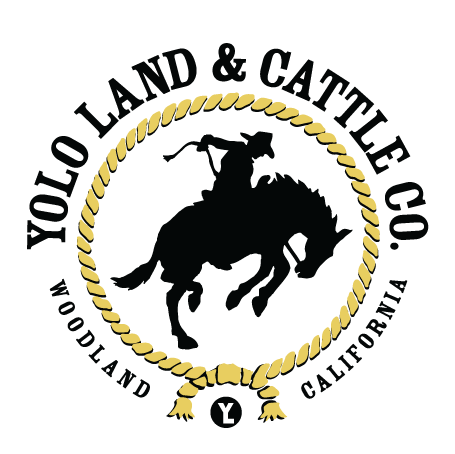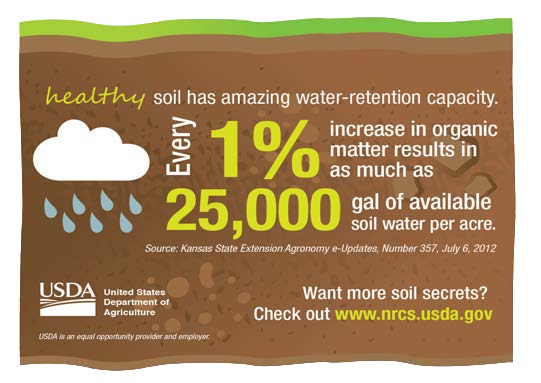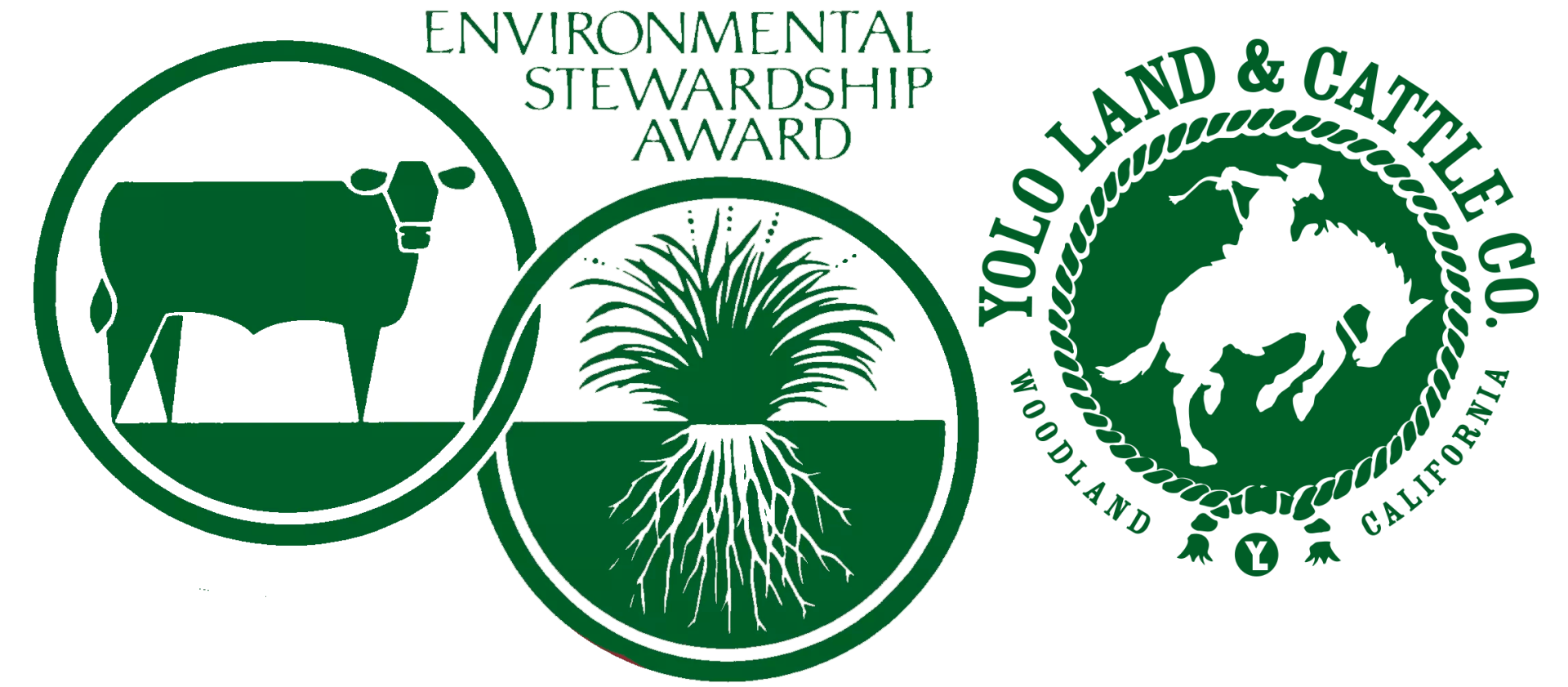YOLO-SOLANO CARBON PROJECT
and abroad. Having been awarded significant portions of the Sacramento City and County organics recycling contracts, Agromin is establishing itself as the ‘Fork-to- Farm’ composter in the region, and will supply organic compost back to the farmers and ranchers.
Agromin has a track record of developing and supporting carbon projects throughout
California. In 2004, Agromin developed a 10-acre facility on the land of Limoneira Company to compost green materials from Ventura County. Some of material is converted into mulch which is spread throughout Limoneira orchards to curb erosion, improve water efficiency, reduce weeds, moderate soil temperatures, and sequester carbon. Another carbon-focused project is the Marin Carbon Project in Marin County. This project consists of a consortium of independent agricultural institutions that enhance carbon sequestration in rangeland, agricultural land and forest soils through applied research, demonstration and implementation throughout the state. The Yolo-Solano Carbon Project will learn from these projects in Ventura and Marin and apply lessons and strategies to the working lands of Yolo Land & Cattle Company.
“Regenerative Agriculture” describes farming and grazing practices that, among other benefits, reverse climate change by rebuilding soil organic matter with the use of compost and biochar to restore degraded soil biodiversity. This process draws carbon into the soil while simultaneously improving the water cycle. Lawrence Livermore Labs released a January 2020 report, “Getting to Neutral – Options for Negative Carbon Emissions in California,” which featured natural climate solutions in which compost and biochar are used to sequester carbon into soils leading to carbon neutrality by 2045. These programs are noted as the most cost-effective climate solutions at a cost of only $11 per metric ton of carbon dioxide. By contrast, the California Air Resources Board (CARB) regulatory offset price is about $17 per metric ton. Natural climate solutions are estimated to result in negative emissions of 21.6 million metric tons of CO2 per year which will be needed in order to get to carbon neutral by in 2045.
The Climate Action Reserve develops voluntary GHG offsets and is working on a Soil Enrichment Protocol which will provide a strong basis for the CARB’s regulatory protocol. CARB prepared a discussion paper in September 2019 for soil organic carbon accrual on non-forest lands. Validating and monetizing carbon negative emissions is needed to provide incentives for the use of compost at agricultural sites.
Compost production and use is now viewed as contributing to carbon neutrality in CARB’s Natural and Working Lands program policy documents. The January 2019 Draft California 2030 Natural and Working Lands Climate Change Implementation Plan looks to double down on compost and mulch use by adding 31,000 to 62,000 acres each year through 2030. Additionally, the plan is to increase mulching on cropland at a rate of 10,400 to 20,800 acres per year. According to new research, soil could act as a significant carbon sink, holding up to three times as much carbon as is found in the atmosphere. Dirt can save the Earth and make the planet more resilient, provided that increasing quantities of recycled organics (such as compost, mulch, and biochar) are reintroduced to the world’s soils each year.



